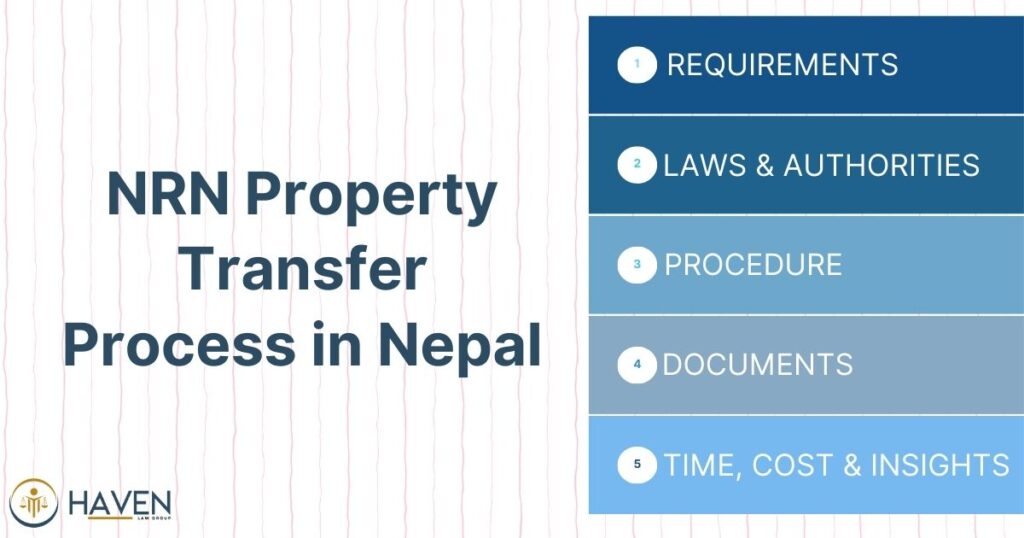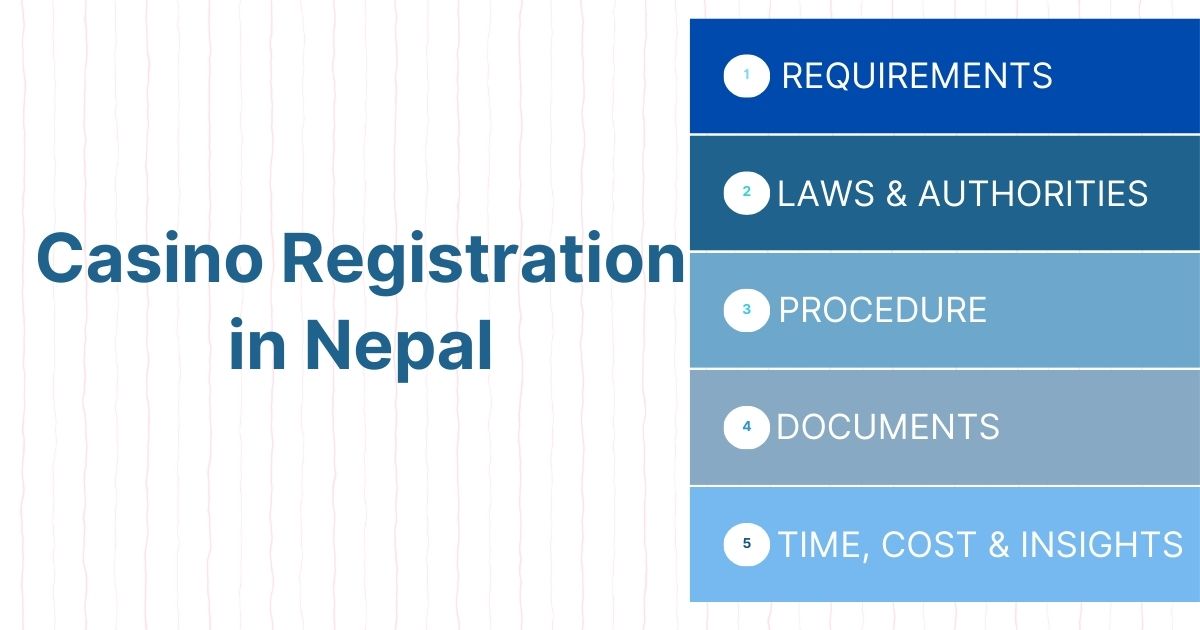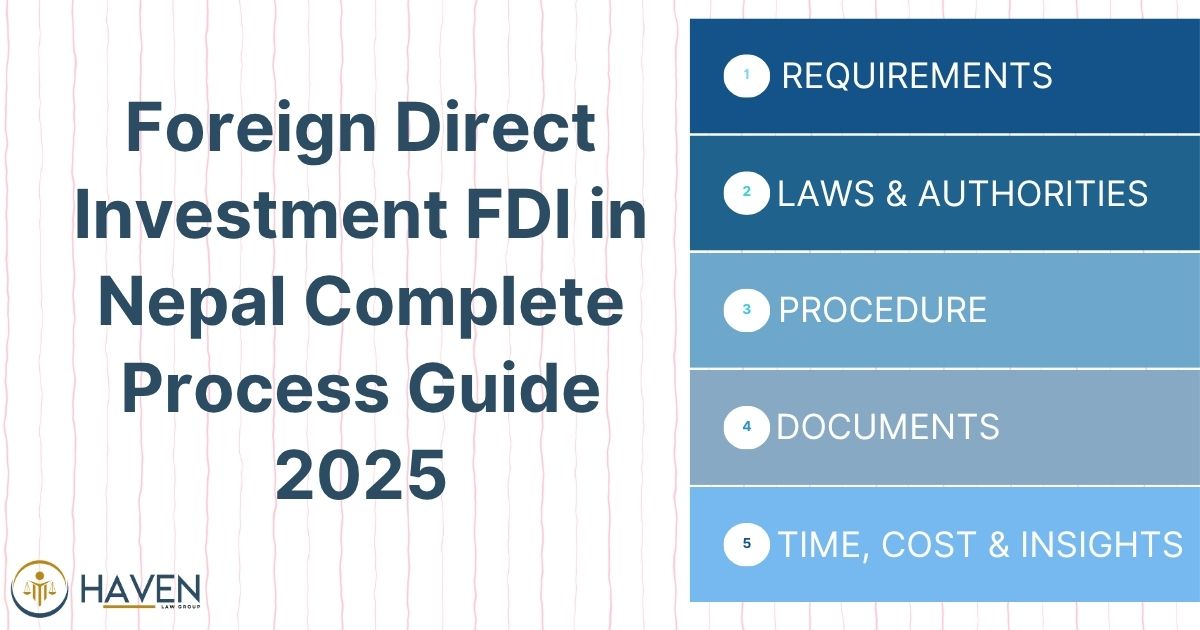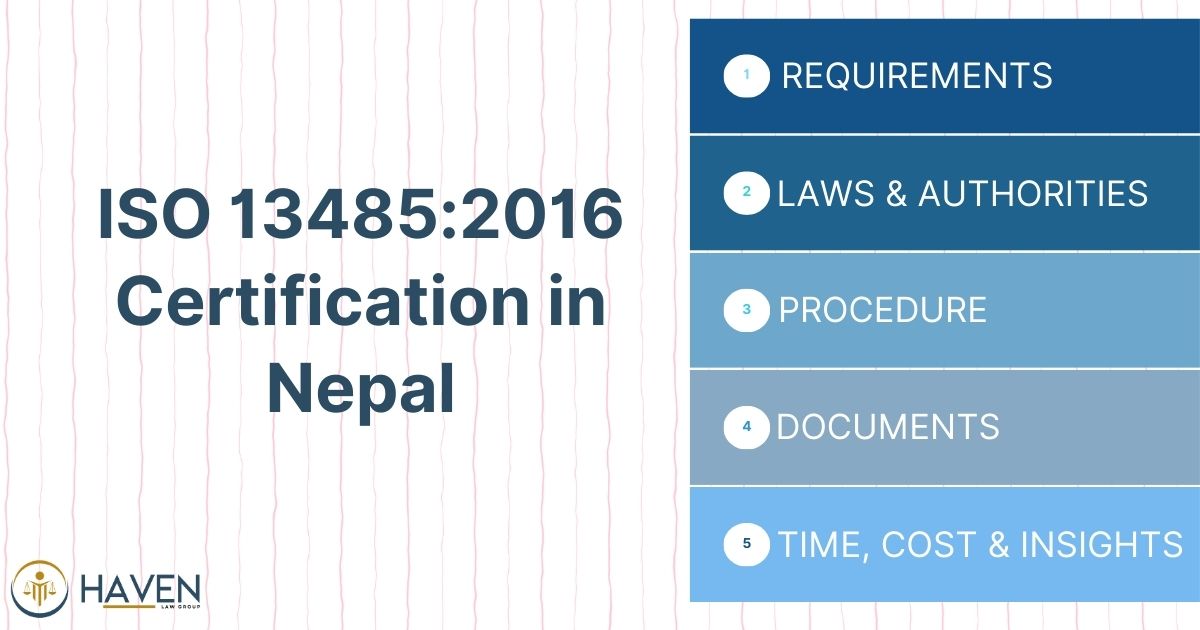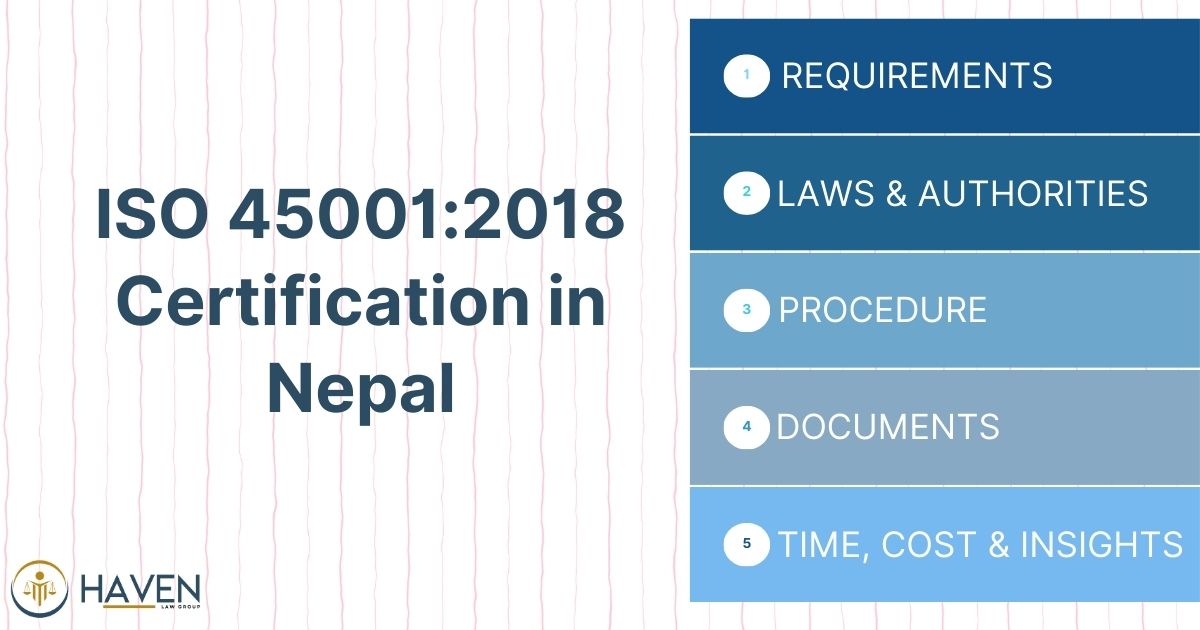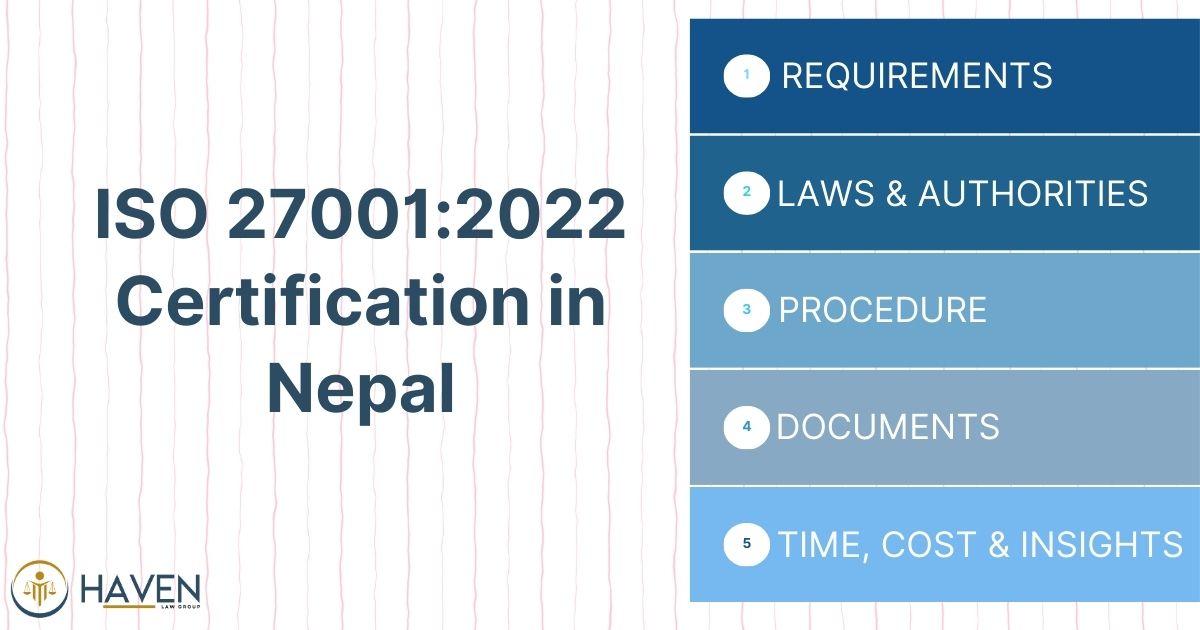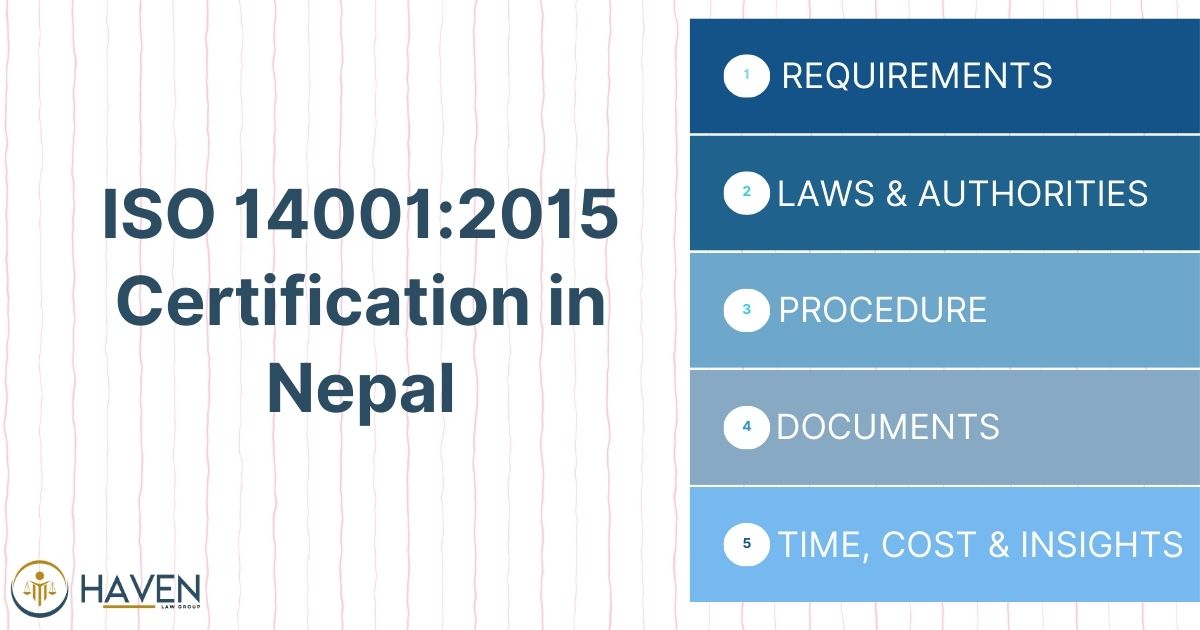How can NRNs transfer property in Nepal?
Non-Resident Nepalis (NRNs) can transfer property in Nepal through a legal process outlined by the Nepal government. The property transfer involves submitting necessary documents to the Land Revenue Office, paying applicable fees and taxes, and completing the registration process. NRNs must first obtain a Non-Resident Nepali card from the Non-Resident Nepali Association.
They need to appoint a legal representative in Nepal through a power of attorney if they cannot be physically present. The transfer process requires verification of property ownership, assessment of property value, and compliance with local laws. NRNs must also obtain clearance from the Department of Land Management and Archives to ensure there are no legal encumbrances on the property. The transfer is finalized when both parties sign the deed transfer document in the presence of a government official at the Land Revenue Office.
What documents are needed for NRN property transfer?
The following documents are required for NRN property transfer in Nepal:
- Non-Resident Nepali card
- Valid passport
- Property ownership certificate (Lalpurja)
- Citizenship certificate of the property owner
- Recent photograph of both parties
- PAN (Permanent Account Number) card
- Tax clearance certificate
- Land revenue payment receipt
- Property valuation certificate
- No Objection Certificate from the concerned municipality or rural municipality
- Power of attorney (if the NRN is not present in person)
- Relationship certificate (if transferring to family members)
- Court order (if applicable in case of inheritance or dispute)
- Bank statement or proof of funds for the transaction
- Notarized affidavit stating the purpose of transfer
Are NRNs required to be present for property transfer?
NRNs are not always required to be physically present for property transfer in Nepal. However, their presence can simplify and expedite the process. If an NRN cannot be present, they must appoint a legal representative through a power of attorney. This document must be notarized and authenticated by the Nepali embassy or consulate in the country where the NRN resides. The power of attorney grants the representative authority to act on behalf of the NRN in all matters related to the property transfer.
The representative can then submit documents, pay fees, and sign necessary paperwork at the Land Revenue Office. While not mandatory, NRNs are encouraged to be present during crucial stages of the transfer process to avoid potential complications or misunderstandings.
Can NRNs transfer property online in Nepal?
Currently, NRNs cannot complete the entire property transfer process online in Nepal. The Nepali government has not yet implemented a fully digital system for property transfers. However, some initial steps can be completed online. NRNs can access and download necessary forms from government websites. They can also use online platforms to pay certain fees and taxes related to the transfer.
The Department of Land Management and Archives provides some online services for property information and document verification. Despite these digital advancements, the final transfer process, including deed signing and registration, must be completed in person at the Land Revenue Office. The government is working towards digitizing more aspects of the property transfer process, which may benefit NRNs in the future.
Are property transfer fees different for NRNs?
Property transfer fees for NRNs are generally the same as those for resident Nepalis. However, NRNs may incur additional costs due to their non-resident status. These extra expenses can include fees for obtaining and authenticating documents from foreign countries, translation costs for non-Nepali documents, and charges for appointing a legal representative. The primary fees for property transfer in Nepal include:
- Registration fee (5% of the property value)
- Capital gains tax (2.5% to 5% of the profit)
- Local development fee (0.5% of the property value)
- Service charge (NPR 1,000)
NRNs should also be aware of potential currency exchange fees when transferring funds from abroad. While the base fees remain the same, NRNs should budget for these additional expenses to ensure a smooth property transfer process.
Can NRNs transfer property to family members?
NRNs can transfer property to family members in Nepal. This process is often simpler and may have certain tax benefits compared to transfers to non-family members. When transferring property to immediate family members (spouse, children, parents, or siblings), NRNs may be eligible for reduced registration fees and taxes. To qualify for these benefits, the following documents are typically required:
- Relationship certificate proving the familial connection
- Citizenship certificates of both parties
- Birth certificates (if transferring to children)
- Marriage certificate (if transferring to spouse)
The transfer process to family members follows the same general steps as other property transfers. However, the Land Revenue Office may scrutinize the transaction to ensure it’s not being used to evade taxes or circumvent regulations. NRNs should consult with a legal expert to understand the specific implications and potential benefits of transferring property to family members in Nepal.
Are property transfers for NRNs subject to tax?
Property transfers for NRNs are subject to various taxes in Nepal. The primary taxes applicable to property transfers include:
- Capital Gains Tax: This tax is levied on the profit made from the property sale. The rate ranges from 2.5% to 5% of the profit, depending on how long the property was owned.
- Registration Fee: A fee of 5% of the property value is charged for registration of the transfer.
- Local Development Fee: A fee of 0.5% of the property value is collected by local authorities.
- Income Tax: If the property generates rental income, NRNs are subject to income tax on this amount.
NRNs should be aware that they may be liable for taxes both in Nepal and in their country of residence. It’s advisable to consult with tax experts in both countries to understand the full tax implications of the property transfer. Some countries have double taxation agreements with Nepal, which may provide relief from paying taxes twice on the same transaction. NRNs should also keep detailed records of all transactions and tax payments for future reference and compliance purposes.
Is court approval required for NRN property transfer?
Court approval is not typically required for standard NRN property transfers in Nepal. However, there are specific situations where court involvement becomes necessary:
- Inheritance disputes: If there’s a disagreement among heirs regarding property distribution, the case may need to be resolved in court before the transfer can proceed.
- Property in litigation: If the property is involved in an ongoing legal dispute, court approval may be required to transfer ownership.
- Minor beneficiaries: When transferring property to minors, court approval might be necessary to ensure the transfer is in the best interest of the child.
- Guardianship cases: If the NRN is incapacitated and a guardian is acting on their behalf, court approval may be required for the property transfer.
- Suspicious transactions: In cases where the authorities suspect money laundering or other illegal activities, the court may intervene in the transfer process.
While court approval is not a standard requirement, NRNs should be prepared for potential legal scrutiny, especially for high-value transactions or complex family transfers. Consulting with a legal expert can help NRNs navigate any potential court-related issues in the property transfer process.
Can lawyers assist with NRN property transfers?
Lawyers can significantly assist NRNs with property transfers in Nepal. Their expertise can be invaluable in navigating the complex legal landscape and ensuring a smooth transfer process. Here’s how lawyers can help:
- Document preparation: Lawyers can assist in gathering and preparing all necessary documents for the transfer.
- Legal verification: They can verify the legal status of the property and identify any potential issues.
- Representation: Lawyers can act as legal representatives for NRNs who cannot be physically present in Nepal.
- Negotiation: They can help negotiate terms with buyers or sellers and draft agreements.
- Tax advice: Lawyers can provide guidance on tax implications and help minimize tax liabilities.
- Dispute resolution: In case of any disputes, lawyers can represent NRNs in legal proceedings.
- Compliance: They ensure that the transfer process complies with all relevant laws and regulations.
- Communication: Lawyers can liaise with government offices and other parties involved in the transfer.
- Due diligence: They can conduct thorough checks on the property and parties involved to prevent fraud.
- Post-transfer support: Lawyers can assist with any legal matters that arise after the transfer is complete.
Engaging a competent lawyer can save NRNs time, reduce stress, and help avoid potential legal pitfalls in the property transfer process.
How long does the NRN property transfer process take?
The duration of the NRN property transfer process in Nepal can vary depending on several factors. On average, a straightforward property transfer can take anywhere from 2 to 4 months. However, complex cases may take longer. Factors affecting the timeline include:
- Document preparation: Gathering all necessary documents can take 2-4 weeks.
- Property verification: Verifying property details and ownership can take 1-2 weeks.
- Tax clearance: Obtaining tax clearance certificates may take 2-3 weeks.
- Registration process: The actual registration at the Land Revenue Office typically takes 1-2 weeks.
- Power of attorney: If required, obtaining and authenticating a power of attorney can add 2-3 weeks.
- Legal issues: Any disputes or legal complications can significantly extend the timeline.
- Government processing times: Variations in government office efficiency can affect the overall duration.
- Buyer/seller cooperation: Delays in document submission or agreement can prolong the process.
- Property type: Transfers of agricultural land or properties in restricted areas may take longer.
- Season: The process may be slower during major festivals or the end of the fiscal year.
NRNs should plan for potential delays and start the process well in advance of any deadlines they may have.
Are NRN property transfers disputable?
NRN property transfers in Nepal can be disputed under certain circumstances. While a properly executed transfer is legally binding, various factors can lead to disputes:
- Fraudulent transactions: If the transfer involves fraud or misrepresentation, it can be challenged in court.
- Lack of consent: Transfers made without the proper consent of all involved parties can be disputed.
- Inheritance claims: Family members may contest transfers if they believe their inheritance rights are violated.
- Procedural errors: Mistakes in documentation or failure to follow proper procedures can lead to disputes.
- Capacity issues: Transfers made by individuals lacking mental capacity can be challenged.
- Undue influence: If the NRN was pressured or coerced into the transfer, it may be disputed.
- Property boundary disputes: Disagreements over property boundaries can complicate transfers.
- Tax evasion allegations: Transfers suspected of being used to evade taxes can be scrutinized and disputed.
- Foreign investment regulations: Violations of foreign investment laws can lead to transfer disputes.
- Pre-existing agreements: Disputes can arise if the transfer violates any pre-existing contracts or agreements.
To minimize the risk of disputes, NRNs should ensure all aspects of the transfer are legally sound and well-documented. Seeking legal advice and maintaining transparency throughout the process can help prevent future disputes.
Can NRNs transfer property internationally?
NRNs cannot directly transfer property from Nepal to another country in a legal sense. Property in Nepal remains under Nepali jurisdiction and cannot be physically moved or have its legal status changed to fall under another country’s laws. However, NRNs can engage in international transactions related to Nepali property:
- Sale to foreign buyers: NRNs can sell property to foreign nationals, subject to Nepali foreign investment laws.
- International funds transfer: Proceeds from property sales can be transferred internationally, following Nepal Rastra Bank regulations.
- Cross-border inheritance: Property can be inherited by international heirs, but it remains Nepali property.
- Foreign company ownership: NRNs can transfer property to foreign companies registered in Nepal.
- International trusts: Property can be placed in international trusts, but it remains subject to Nepali laws.
- Diplomatic properties: Special rules apply for properties owned by foreign governments or international organizations.
- Joint ventures: NRNs can enter into joint ventures with international partners involving Nepali property.
- Long-term leases: While not a transfer, NRNs can lease property to international entities for extended periods.
- Property exchange: NRNs can exchange Nepali property for international property, but each remains under its respective country’s laws.
- International mortgages: Property in Nepal can be used as collateral for international loans, subject to regulations.
NRNs should consult with legal and financial experts to understand the implications of international property transactions and ensure compliance with both Nepali and international laws.
FAQs
1. Are transfers taxed?
Yes, property transfers in Nepal are subject to various taxes, including capital gains tax, registration fees, and local development fees. The exact amount depends on the property value and the nature of the transfer.
2. Is court approval needed?
Court approval is not typically required for standard property transfers. However, it may be necessary in cases involving disputes, minors, or complex legal situations.
3. Can disputes delay transfers?
Yes, disputes can significantly delay property transfers. Legal challenges, inheritance claims, or disagreements between parties can extend the transfer process indefinitely until resolved.
4. Are fees refundable?
Most fees associated with property transfers in Nepal are non-refundable. This includes registration fees, service charges, and taxes paid during the transfer process.
5. Can transfers be notarized?
While the main transfer deed is registered at the Land Revenue Office, certain documents in the transfer process, such as power of attorney or affidavits, may require notarization for legal validity.
Can NRN inherit property in Nepal?
Yes, Non-Resident Nepalis (NRNs) can inherit property in Nepal. According to the Non-Resident Nepali Act, NRNs have the legal right to inherit ancestral property in Nepal. The inheritance process follows Nepal’s standard succession laws, though NRNs may need to provide identity documentation and proof of relationship to the deceased.
Can a NRN citizen buy property in Nepal?
Yes, NRN cardholders can purchase property in Nepal. The Non-Resident Nepali Act grants NRNs the right to buy and own residential and commercial properties. However, there are limitations on the total land area that can be purchased, and certain protected or restricted zones may be off-limits.
Can US citizens own property in Nepal?
Generally, foreign citizens (including US citizens) cannot own property in Nepal unless they are of Nepali origin with NRN status. Nepal’s laws restrict foreign ownership of land and property with few exceptions. US citizens without Nepali heritage would typically need to establish a business entity in Nepal or explore long-term lease options instead.
What is the benefit of NRN citizenship in Nepal?
NRN citizenship (officially an NRN card, not actual citizenship) offers several benefits:
1. Right to own and invest in property in Nepal
2. Ability to open bank accounts and conduct business
3. Visa-free entry and extended stay in Nepal
4. Investment opportunities with special incentives
5. Participation in certain economic activities otherwise restricted to Nepali citizens
6. Maintaining cultural and familial connections to Nepal

